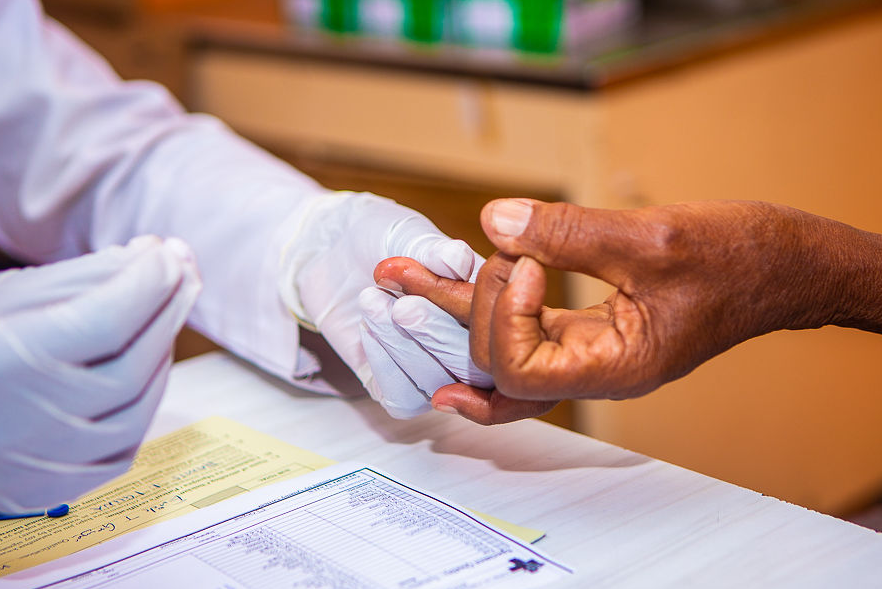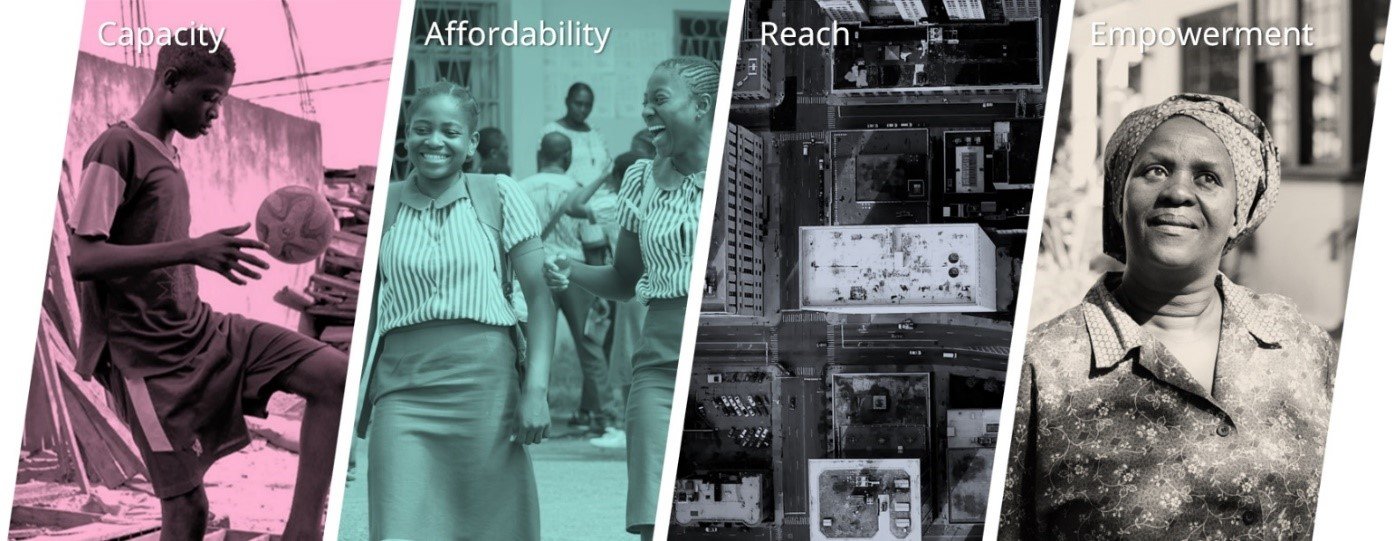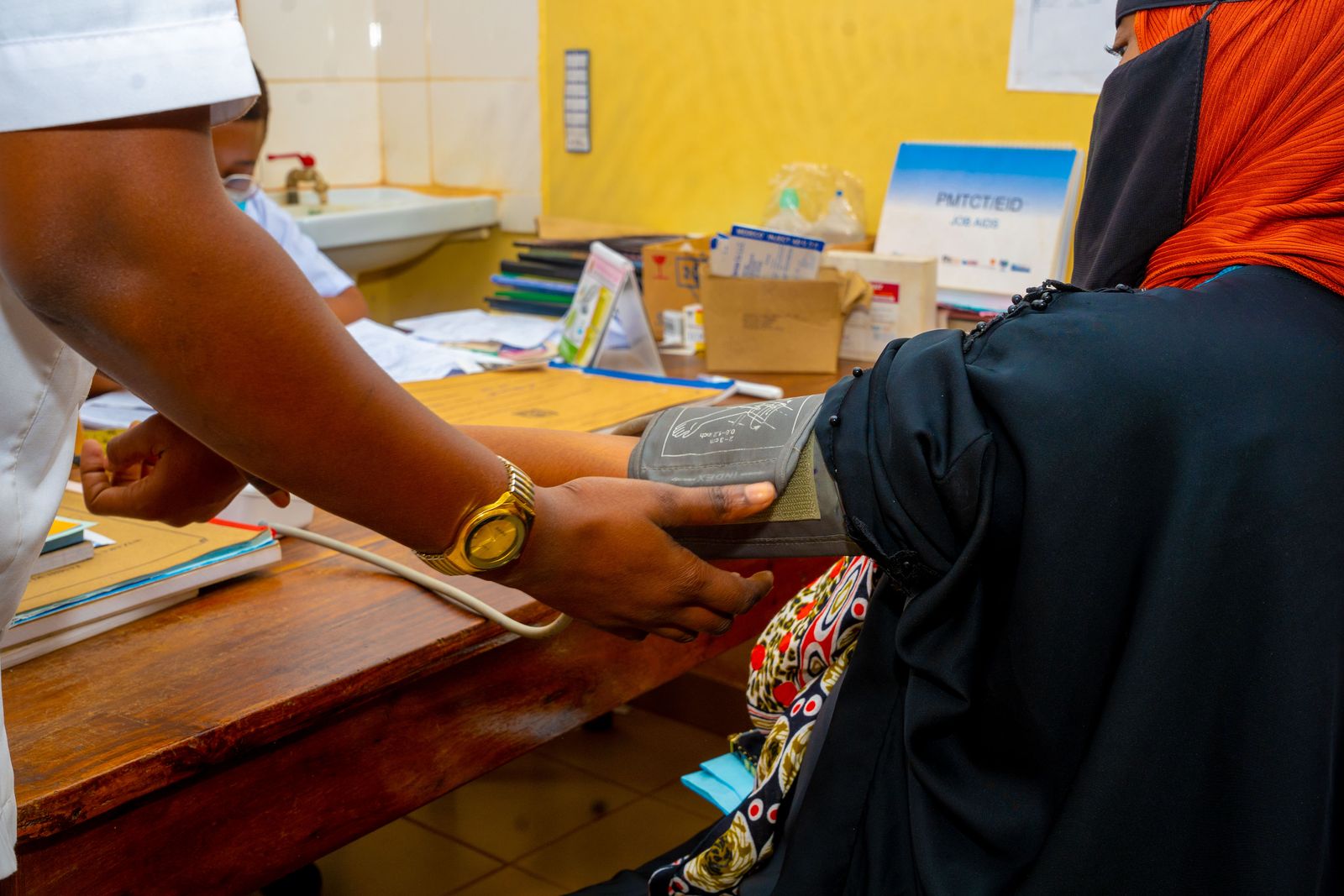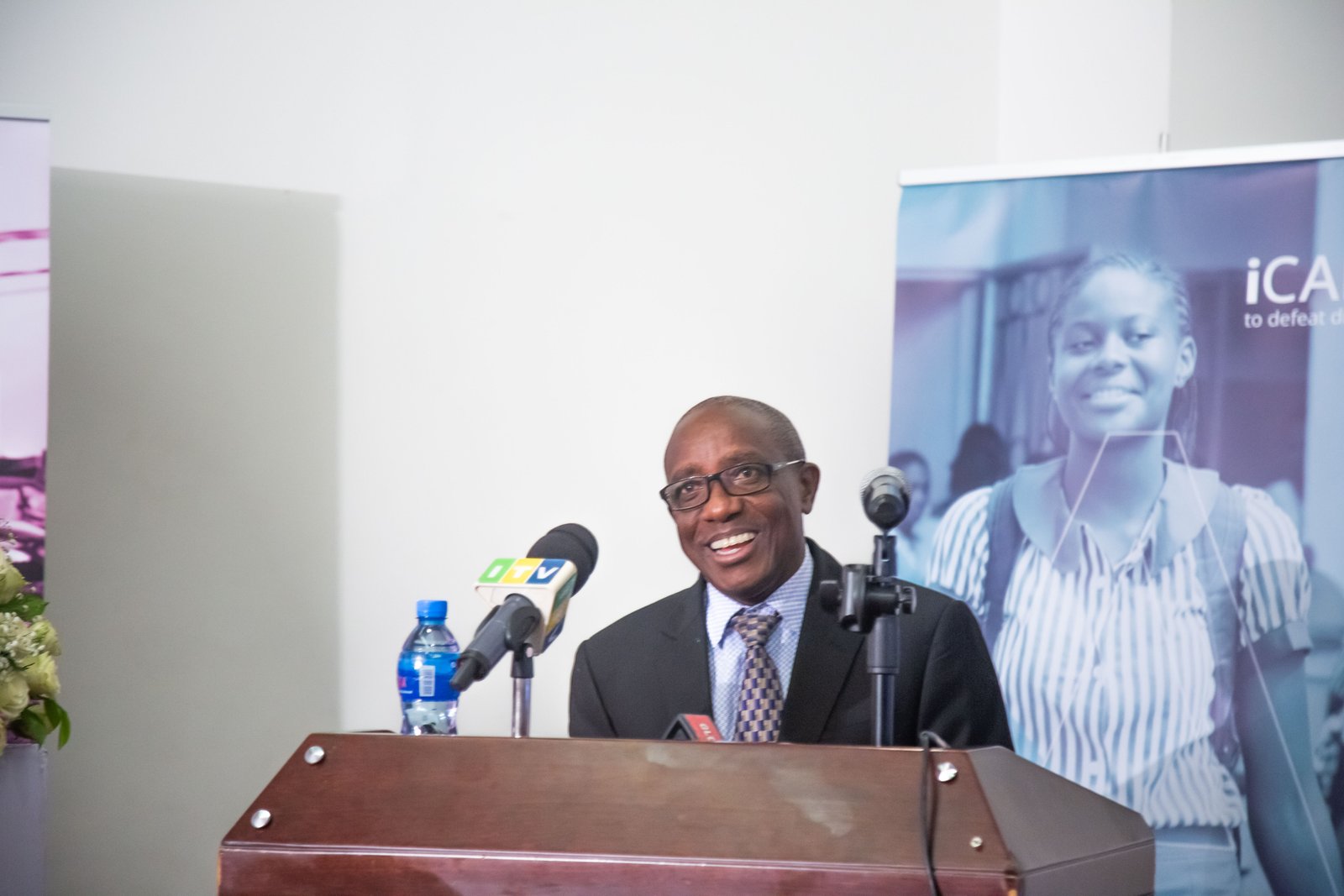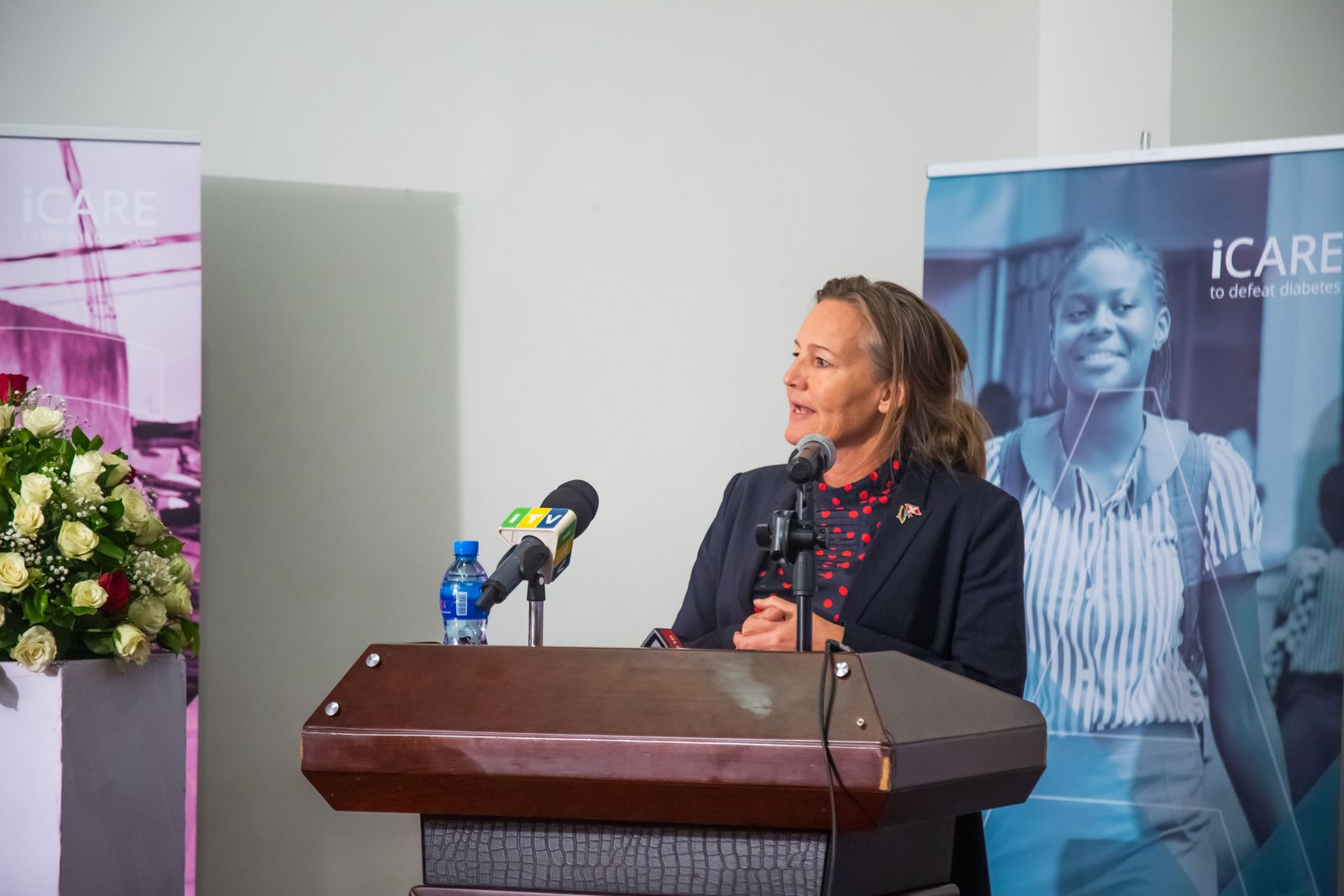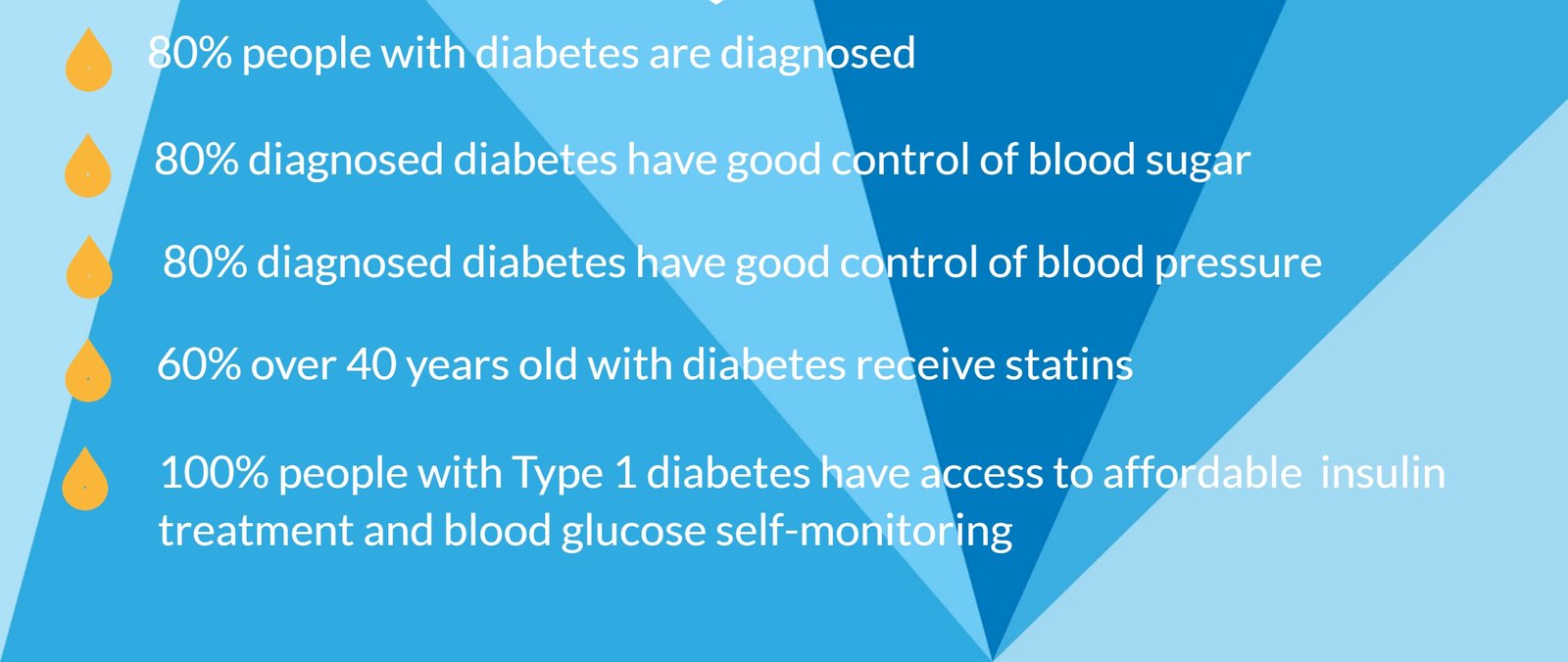Capacity, affordability, reach, and empowerment-related barriers are leading to suboptimal care for people with diabetes in Middle Africa
Insulin prices are usually expensive that more than half of diabetes patients are unable to access as per dosage prescribed by the medical practitioners. This year, after 100 years since the introduction of insulin for treating diabetes in the world in 1921, the vulnerable population in Tanzania will be able to access it at an affordable price. This has been made possible through the launch of the iCARE Initiative in Tanzania.
Capacity, affordability, reach, and empowerment-related barriers are leading to suboptimal care for people with diabetes in Tanzania. While about 60% of those who have diabetic in Tanzania are not aware of their status, more than 50% of those who have been diagnosed to be diabetic, fall of treatment after two years.
Tanzania like many other sub-Saharan countries is facing double burden of disease with non-communicable diseases on the rise. While this is happening, the assessment conducted in 2021 showed only 56% of Faith Based Organization's (FBO) health facilities have basic capacity to provide Non Communicable Diseases(NCD) services above the national average of 52%.
CSSC is implementing Pamoja Tuwekeze Afya (PATA) Activity, a USAID funded project which aims at supporting the FBO health facilities to be managerially and financially sustainable in order to sustain delivery of affordable and quality health services particularly to the marginalized and underserved communities. In order to reach this goal CSSC planned to revitalize its supply chain company to be the largest private supply chain company in Tanzania supplying affordable and quality medicines to its network of health facilities.
CSSC is leveraging on private-private partnerships in order to mobilize resources for supporting Faith Based Organization's facilities meet their goal of serving marginalized and the vulnerable population in Tanzania.
In March 24, 2022, CSSC through Mission for Essential Medical Supplies (iMEMS) in partnership with Salama pharmaceuticals and Novo Nordisk-a Danish pharmaceutical company launched the iCARE Initiative aiming to safeguard affordable insulin access for vulnerable populations in Tanzania.
Describing the diabetes situation in Tanzania, the Chairman of Tanzania Non-Communicable Diseases Alliance (TANCDA), Prof. Andrew Swai said: "Diabetes is one of the world's major Non-Communicable-Diseases (NCDs) and according to International Diabetes Federation, 1 in 18 adults in Tanzania, lives with diabetes and 49 people die due to diabetes-related causes each day."
Through iCARE Initiative, CSSC will bring solutions to these challenges by providing insulin at a subsided price, training health care workers on managing care, consultation, treatment, and follow-up of the diabetes patients as well as promoting positive change among the communities. For beginning, the project will be implemented in 10 CSSC health facilities in 9 regions in Tanzania. 350 Health care workers including medical doctors, nurses and pharmacists, children above 6 years, and 6000 diabetic patients will benefit from this initiative.
Speaking during the launch, CSSC's executive director, Peter Maduki said "we will implement this program effectively and make sure children and young people living with diabetes around our health facilities receive the quality services along with the subsided price insulin."
Speaking during the launch, the Vice President of Novo Nordisk said; "iCARE is not a project but a pledge, it is not a sprint but a marathon, through this partnership we have a mission to defeat diabetic in Tanzania."
The Denmark Ambassador, H.E. Mette Nørgaard Dissing commended the launch of this initiative and urged all partners to effectively implement the project to achieve the desired outcomes and defeat diabetes in the country.
The implementation of this initiative will contribute to the Government of the United Republic of Tanzania's efforts in achieving sustainable development goals and the recommended WHO's global diabetes coverage targets for 2030:
This project will be for 2 years (2022-2024) whereby main intervention will be availing of affordable insulin, capacity building of health care workers and patient empowerment. But the availability of affordable insulin is a long-term commitment from Novo Nordisk.
